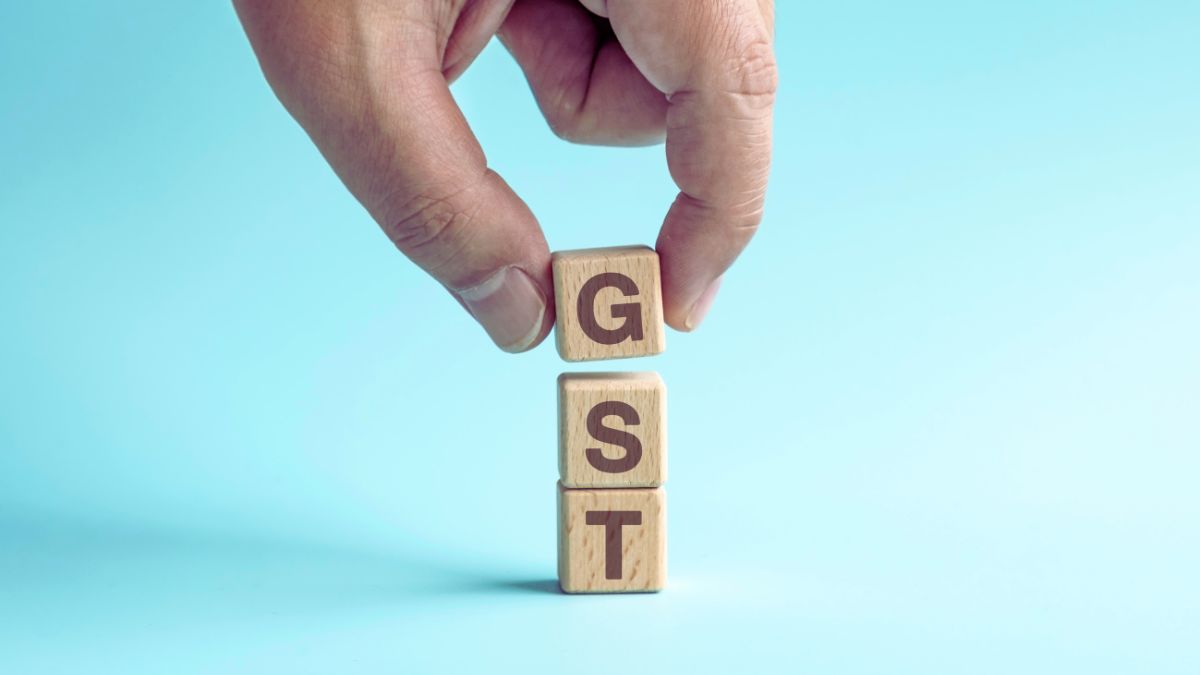On October 3, 2024, the Supreme Court of India made a ruling regarding Goods and Services Tax (GST) Input Tax Credit (ITC) related to construction costs for properties intended for rental purposes. The case involved M/s. Safari Retreats Pvt. Ltd., which sought to claim ITC on expenses incurred while constructing a shopping mall in Bhubaneswar.
Case Background Safari Retreats had constructed a shopping mall with the intent to lease it to tenants, incurring costs for materials like cement and steel, along with architectural services. The company faced a GST liability of ₹34.4 crore, but tax authorities denied their ITC claim based on Section 17(5)(d) of the Central Goods and Services Tax (CGST) Act, which prohibits claiming ITC on goods and services used for constructing immovable property, unless they qualify as “plant or machinery.”
Supreme Court’s Ruling The Supreme Court ruled that if the construction of a building is necessary for providing services like renting or leasing, it could be considered under the “plant” exception in Section 17(5)(d) of the CGST Act. The court emphasized that a functionality test should be applied to determine whether a building qualifies as “plant” for ITC purposes. The court did not find it necessary to reinterpret Section 17(5)(d) to exclude rental properties from its scope.
Implications of the Decision The ruling allows developers constructing rental properties to claim ITC on their construction costs. It addresses concerns about double taxation and reduces disparities between developers who sell properties and those who lease them. This decision is in line with the broader goals of GST legislation, which aims to prevent cascading taxes and ensure businesses can recover taxes paid on inputs.
This ruling is expected to influence future cases regarding ITC claims on rental properties and impact the property development and leasing sectors in India.


